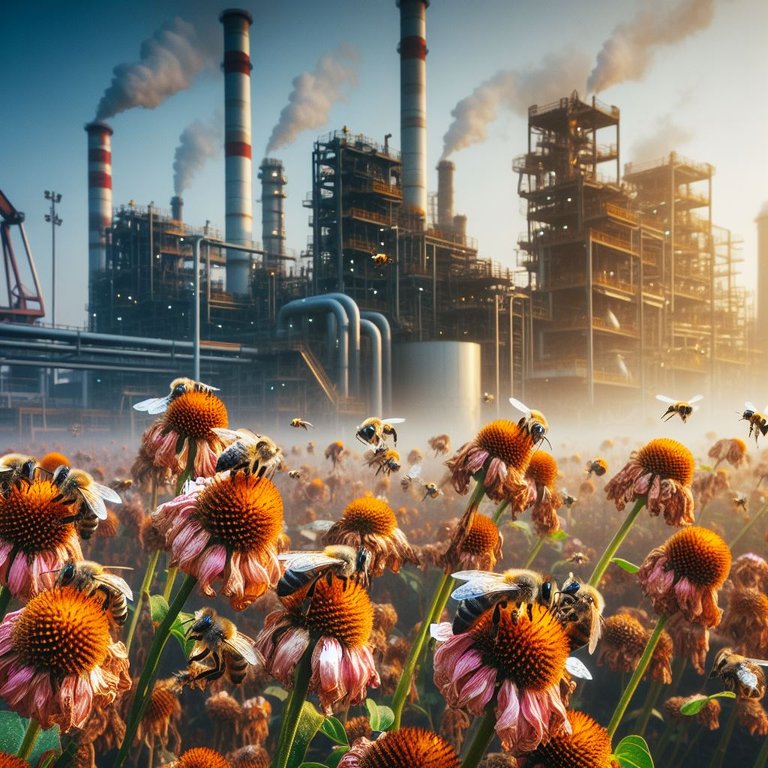
Genetic Programs for Bees: Advances in bee genetics allow for a better understanding and selection, which is crucial for preserving their genetic resources and adapting to environmental changes.
Climate Change and Colony Collapse: Longer and warmer autumns increase bee activity, which can lead to excessive consumption of worker bees and increase the risk of colony collapse in the spring.
Reduced Honey Production: Data analysis from five decades indicates a decrease in the number of flowers and the amount of honey produced, due to various factors including climate change.
New Causes of Declining Honey Yields: Research points to multiple factors that make it difficult for bees to create honey, including changes in the environment and agriculture.

Cold Storage as a Solution: Using cold storage for colonies can mitigate the effects of climate change, allowing bees to cluster in the hive before too many workers weaken.
Bees and Agricultural Intensification: The challenges that bees face include agricultural intensification, climate change, and diseases like varroa.
Selection Based on Resilience: Resilience has become the main criterion for bee selection, especially in America where Africanized bees are present, known for their aggressiveness.
Characterization of Genetic Material: The development of new tools for characterizing the genetic material of bees is key to improving selection programs and preserving genetic resources.

🐝